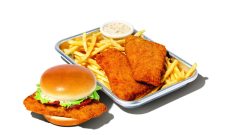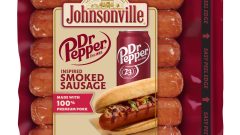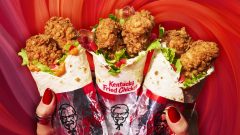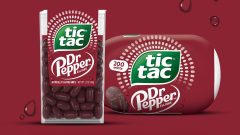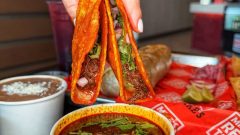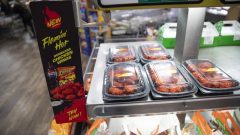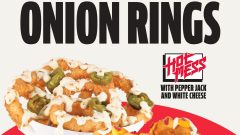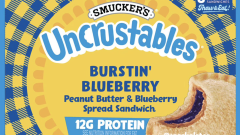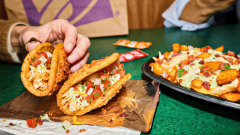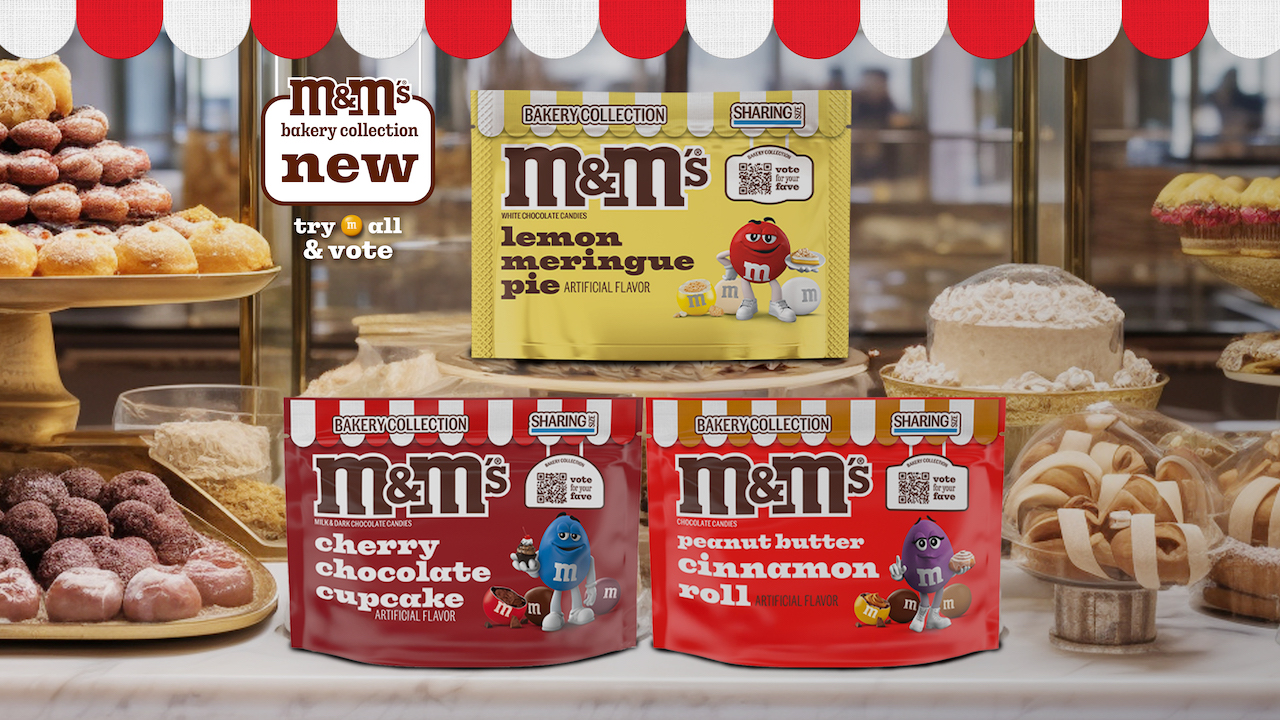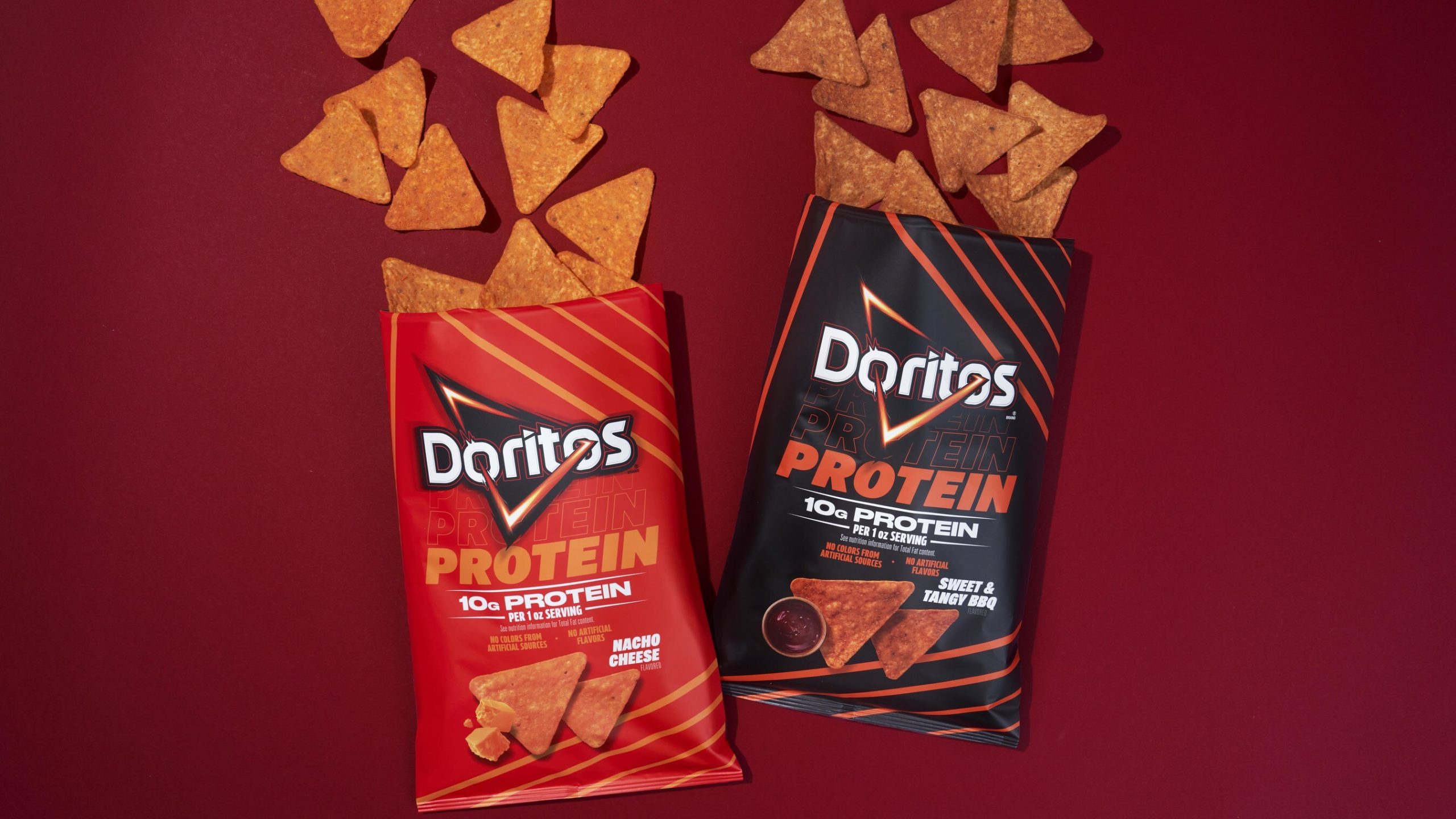California Home Cooks Are Now Able To Sell Their Food Legally, Here’s What That Means For You
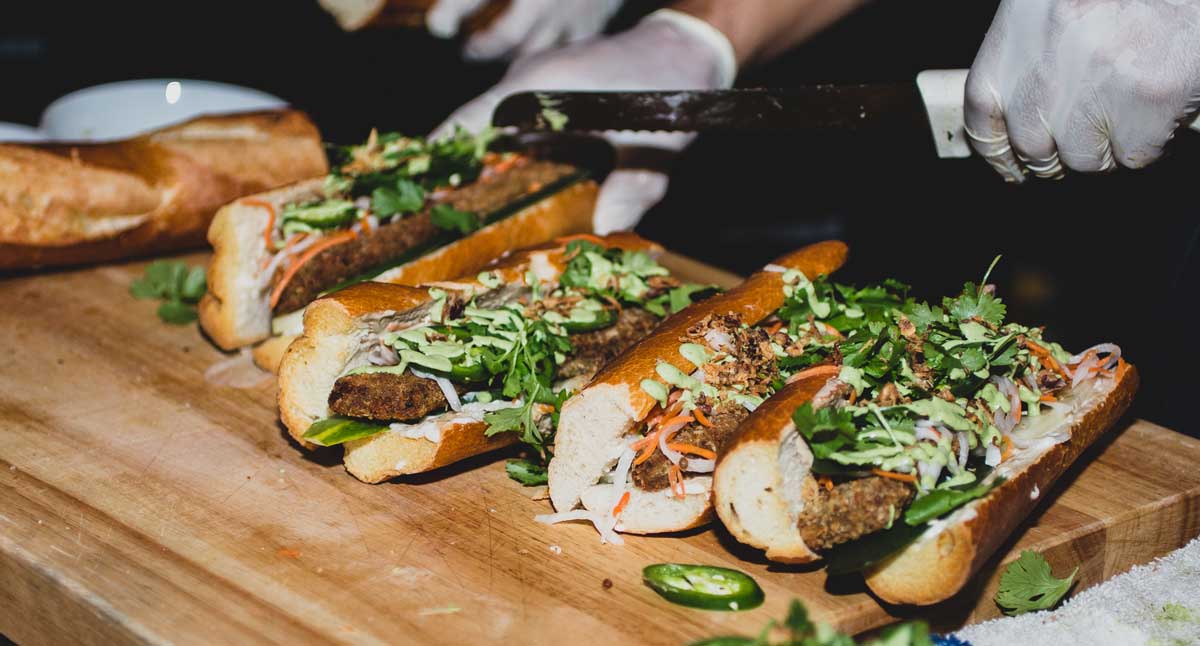
I had many relatives tell me over the course of my childhood that their cooking was so good, they would open up a restaurant. While, admittedly, family-cooked Vietnamese food is one of life’s greatest pleasures, having to raise hundreds of thousands of dollars to open a restaurant is usually a pretty big deterrent.
For Californian home cooks looking to make a little extra scratch, however, things are about to get much easier.
Gov. Jerry Brown just signed Assembly Bill No. 626, which allows residents to sell home-cooked dishes to the public, without needing a restaurant or food truck.
This bill will go into effect Jan. 1, 2019, reports the SF Chronicle, and selling home-cooked meals might be the new norm in California.
Before you book it to the grocery store and buy a bunch of ingredients to get your food business off the ground, there are a few things you’ll need to know first.
Below is everything you need to know to get you started on your potential home-cooked business endeavor:
How To Get Started

It’s still technically illegal to sell food from you home without adhering to strict guidelines. Before you start slanging meals from your home, you’ll need to do the following:
- You must apply for a home-cooking license. Check with your city/county government on how to start this process, as it differs.
- Standard operating procedures must be written and submitted to local law enforcement, and specify the foods you will be working with, along with the hours you’ll be operating throughout the day.
- Homeowners must also pass a mandatory inspection.
What Sets Your Home Business Apart From A Restaurant?

Operating a home food business will be drastically cheaper than opening up a restaurant, but the limitations will be greater as well. Here are a few ceilings to expect before starting your business.
- Your operation can’t have more than one full-time employee.
- You can’t make more than $50,000 a year in verifiable gross annual sales.
- You can’t post outdoor displays or signs advertising your business.
- Food must be prepared and served all on the same day. If you do deliver, it must be within a time period that the food will still be safe to eat.
- You can use an open-air barbecue or outdoor wood-burning oven as part of your business.
- Serving and selling raw oysters is NOT allowed.
- Food must be sold directly to consumers and cannot be sold to any wholesale or retailer.
- No more than 30 meals may be served in a single day and no more than 60 individual meals can be served through a week.
- Food must be sold to consumers directly and can not be through delivery services or the mail. You can have a delivery driver employed who sends out food the same day, but you can’t use Grubhub or Doordash to sell your food.
These are the highlights from the new legislation, but any home cooks who are interested in seriously starting up a business may want to look over the whole thing for the nitty gritty details.





